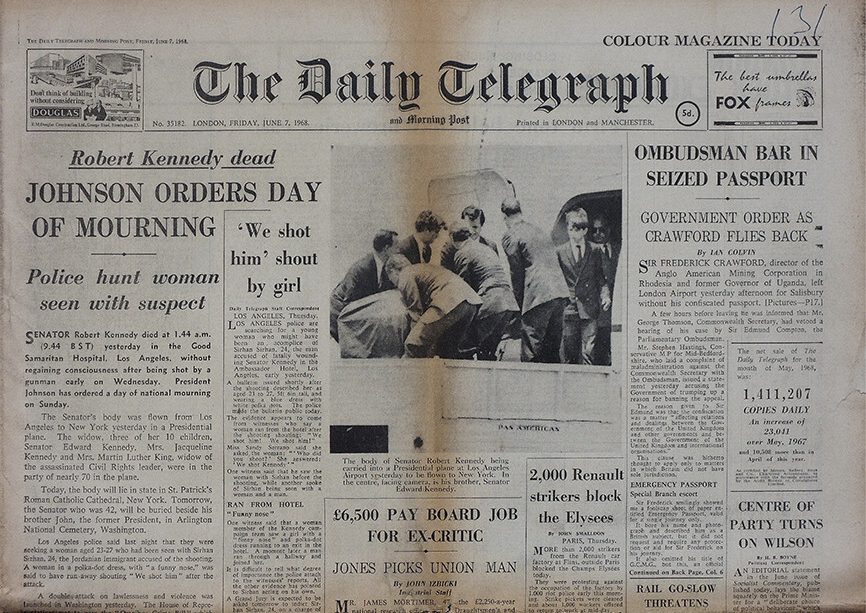Understanding the Daily Telegraph: A Pillar of British Journalism

Introduction
The Daily Telegraph, one of the most prominent newspapers in the United Kingdom, has played a crucial role in shaping public opinion and delivering news for over 160 years. Known for its broadsheet format and conservative viewpoint, it has become a staple for many readers seeking reliable news and insightful commentary. The relevance of the Daily Telegraph extends beyond mere reporting; it influences political discourse and cultural conversations in the UK.
History and Background
Founded in 1855, the Daily Telegraph was established by Joseph Moses Levy as the Daily Telegraph and Courier. Over the decades, the newspaper has undergone numerous transformations, including changes in ownership and editorial direction. Currently owned by Telegraph Media Group, it has expanded its digital presence significantly, attracting millions of online readers worldwide.
Current Events and Editorial Direction
In the wake of recent political changes, notably Biden’s presidency and the ongoing effects of Brexit, the Daily Telegraph has been covering key national and international stories with extensive analysis. The newspaper has been particularly vocal in its stance on issues such as government policy, economic recovery, and the future of the UK in a global context. Its editorial line often reflects a commitment to traditional conservative values, which has garnered both support and criticism from different segments of the population.
Recent Coverage
Recent editions have focused on the shifting landscape of UK politics, especially in relation to party leadership dynamics and public sentiment on pressing issues like climate change and healthcare. Furthermore, the newspaper has led discussions on emerging trends affecting society, including the work-from-home culture and its impact on the economy.
Digital Transformation
With the rapid evolution of media consumption, the Daily Telegraph has embraced digital platforms, offering a comprehensive online experience that includes interactive content, real-time updates, and multimedia journalism. This approach has not only expanded its readership but has also attracted younger demographics, ensuring its relevance in an increasingly online world.
Conclusion
The Daily Telegraph remains an influential voice in British journalism, serving as a key resource for those seeking thorough news coverage and analysis. Its commitment to delivering quality journalism has allowed it to weather the challenges that the media industry faces today. As the political landscape continues to evolve, the Daily Telegraph is likely to maintain its significance in shaping the narrative around key issues in the UK, affirming its role as a trusted source for millions of readers.









